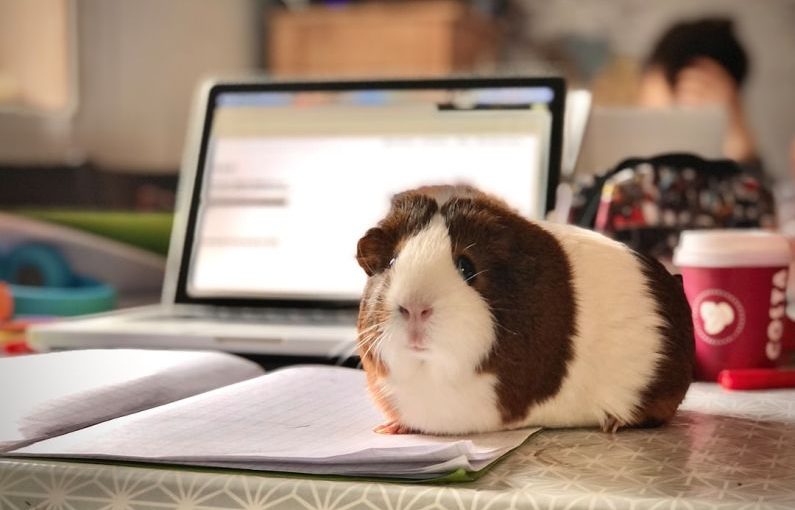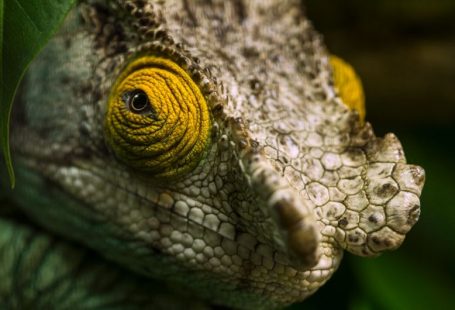Guinea pigs, also known as cavies, are adorable and social pets that require proper nutrition to thrive. Providing the right balance of nutrients is essential for their health and well-being. In this article, we will explore the key aspects of guinea pig nutrition to help you ensure that your furry friends are getting everything they need to stay healthy and happy.
Understanding Guinea Pig Digestive System
Guinea pigs are herbivores, which means that their diet should consist mainly of hay, fresh vegetables, and a small amount of pellets. Unlike other animals, guinea pigs cannot produce their own Vitamin C, so it is crucial to include Vitamin C-rich foods in their diet to prevent health issues such as scurvy. Fresh fruits and vegetables like bell peppers, kale, and strawberries are excellent sources of Vitamin C that you can offer to your guinea pig.
The Importance of Hay in a Guinea Pig’s Diet
Hay is the cornerstone of a guinea pig’s diet and should be available to them at all times. Timothy hay is the most recommended type of hay for guinea pigs because it is high in fiber, which helps support their digestive health. Hay also helps wear down their continuously growing teeth, preventing dental problems that can arise if their teeth become too long.
Pellets: The Right Balance
Pellets are a convenient way to ensure that your guinea pig is getting all the necessary nutrients in their diet. However, it’s essential to choose high-quality pellets that are specifically formulated for guinea pigs. Look for pellets that are rich in fiber and Vitamin C, and avoid mixes that contain nuts, seeds, and dried fruits, as these can be high in fat and sugar, which guinea pigs don’t need in excess.
Fresh Vegetables: A Daily Essential
In addition to hay and pellets, fresh vegetables should make up a significant portion of your guinea pig’s diet. Vegetables like leafy greens (e.g., romaine lettuce, spinach), bell peppers, cucumbers, and zucchini are all excellent choices for your guinea pig. Be sure to wash vegetables thoroughly and offer them in small, bite-sized pieces to prevent choking.
Water: The Unsung Hero
Water is often overlooked when it comes to guinea pig nutrition, but it is just as crucial as their food. Make sure to provide your guinea pig with fresh, clean water daily. A water bottle with a sipper tube is the best way to offer water, as it prevents spills and keeps the water clean.
Treats: A Special Occasion
While it’s fun to give your guinea pig treats occasionally, it’s essential to do so in moderation. Too many treats can lead to weight gain and other health issues. Safe treats for guinea pigs include small pieces of fruit (e.g., apple, pear), carrots, and fresh herbs like cilantro and parsley. Remember that treats should only make up a small part of your guinea pig’s diet.
Monitoring Your Guinea Pig’s Health
In addition to providing a balanced diet, it’s essential to monitor your guinea pig’s health regularly. Keep an eye on their weight, as sudden weight loss or gain can indicate an underlying health issue. Also, pay attention to their behavior and appetite, as changes in these can be signs of illness. Regular veterinary check-ups are crucial to ensure that your guinea pig stays healthy and happy.
In conclusion, proper nutrition is key to keeping your guinea pig healthy and thriving. By providing a balanced diet that includes hay, pellets, fresh vegetables, and the occasional treat, you can ensure that your furry friend is getting all the nutrients they need. Remember to monitor their health closely and seek veterinary care if you notice any concerning changes. With the right care and nutrition, your guinea pig can live a long, happy life by your side.





